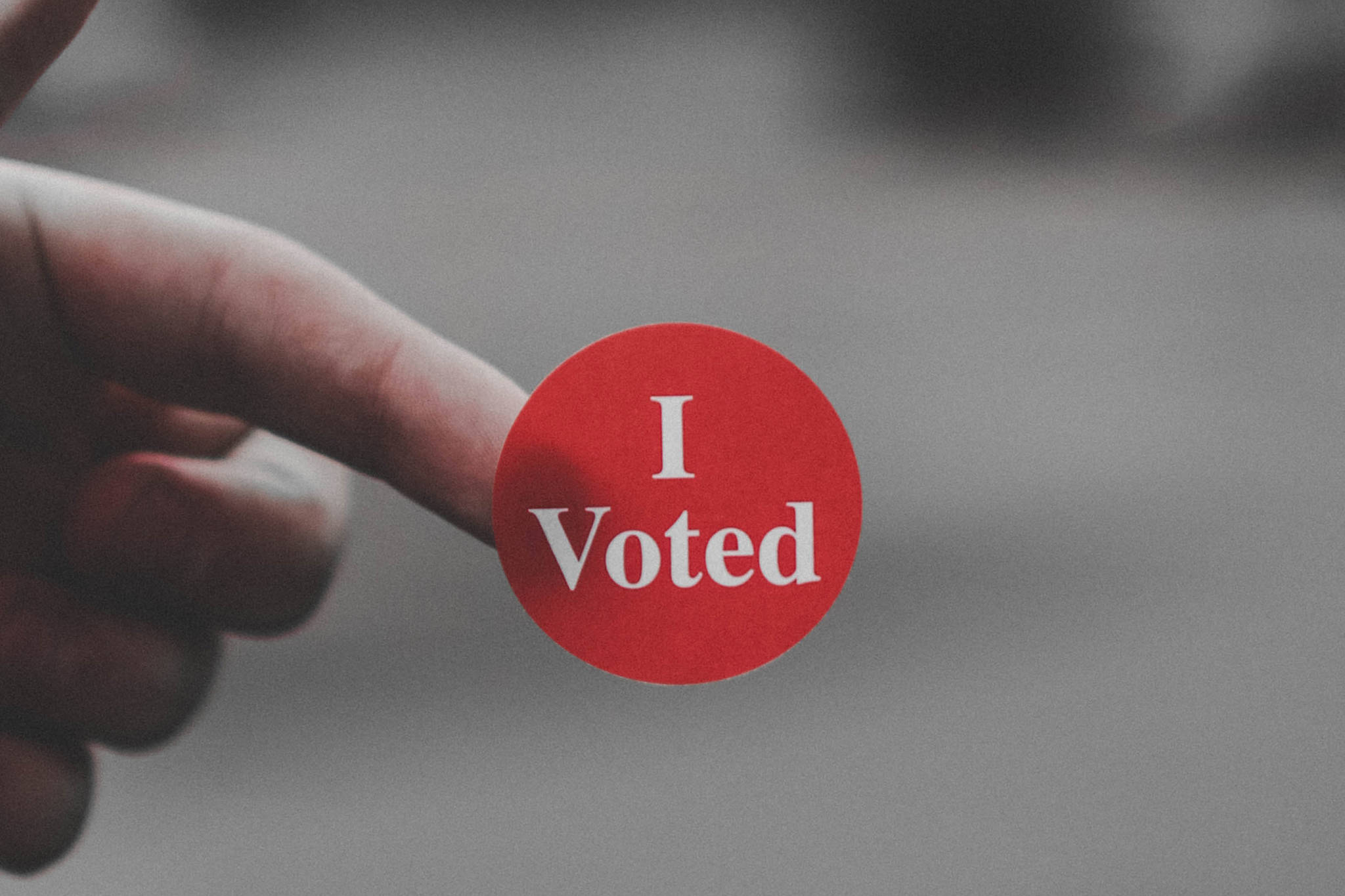By Penny Gage and Alana Peterson
On Aug. 18, Alaska held its primary elections. And once again, Alaskans were forced into partisan primaries where party insiders picked the candidates we could vote for. Don’t you wish there was one simple ballot where you could choose from all the candidates? We do.
That’s how it used to be here. For half a century, Alaska’s elections worked on what’s known as a ‘blanket’ open primary system. All the candidates — Republican, Democrat, independent, etc. — showed up on the same ballot that everyone used to vote. And there was a very good reason for it. Historically, Alaskans are independent when it comes to political parties. Instead of falling into one or the other, most of us chose our own path.
This primary system allowed voters the nuance and freedom to choose their desired candidates. We could vote for a Republican governor and a Democratic senator at the same time. The Alaska we know is diverse, unique, and is hard to categorize under a single political umbrella. This more open primary system rewarded politicians whose platforms represented a larger swathe of the population, rather than a specific political party.
All that changed in 2000. The California Democratic Party sued to overturn a primary system that was similar to what we had here, the ‘blanket’ system. This case went before the U.S. Supreme Court and their ruling ultimately rendered blanket primaries unconstitutional.
[Opinion: An outside-the-box way to reopen schools]
This ruling ended our accessible voting system, which had worked for Alaskans for decades. To vote in the primary, we are now forced into political parties, which most of us only partially agree with.
However, there is an option known as the “open” primary, which the U.S. Supreme Court upheld as constitutional in 2008. In this system, all candidates from all political party affiliations appear on the same primary ballot and the top vote-getters move on to the general election, regardless of party.
The reasons why our state originally adopted more open primaries still holds true today: more than 60% of current Alaska voters are registered non-partisan or undeclared. Check your voting registration card, are you one of them? We are.
Nonpartisan voters are left unserved when we are forced to vote in closed primary elections, or wait them out, ultimately voting in November for candidates who hew closer to partisan political priorities. In order to be involved in the democratic process early on, we are forced to select the primary ballot of a party we don’t necessarily align with, and it has a profound effect on the politicians we elect, the policies enacted and the future of our state.
The challenges we face are real: economic inequity, systemic racism, public health disparities, failing infrastructure and high costs of energy to name a few. We need candidates that are open to creative policies to solve these challenges, compromising when necessary, and not rejecting people or proposals outright because of an R or D association.
When partisan candidates are elected and create policies, we are left with legislative priorities that serve one party or the other, and when the next election rolls around, these laws are easily overturned if an opposing party comes into power. This paradigm creates flip-flopping policies that don’t last long enough to help anyone.
The price of allowing these partisan elections to continue is too high for Alaskans.
Thankfully, there is a solution. To reflect Alaskan’s true independence, our people once again must have access to open primary elections. Allowing residents to vote with a single primary ballot containing both parties’ candidates will provide a wake-up call to party leaders that Alaskans are not interested in identifying with black and white — or blue and red — paradigms. Instead, we want politicians and policies that help our communities and schools, that work with our tribes and businesses.
Open primaries would give us the choices we need as independent voters. Closed elections give us close-minded politicians who don’t have any incentive to work outside of their party lines. It’s time to establish open primary elections so our politicians, and the laws they create, represent us. By voting “Yes” on Ballot Measure 2 on Nov. 3, we can do just that.
• Originally from Sitka, Penny Gage lives and works in Anchorage. She’s passionate about entrepreneurship and diversification of the state’s economy. Her mother’s family is from Petersburg and comes from the Tlingit L’eeneidí (Raven Dog Salmon) clan. Alana Peterson is Tlingit of the L’uknax̱.ádi (Raven Coho) clan. She grew up and currently lives and works in Sitka. She owns several small businesses and works in economic development to grow the economy of Southeast Alaska.Columns, My Turns and Letters to the Editor represent the view of the author, not the view of the Juneau Empire. Have something to say? Here’s how to submit a My Turn or letter.

